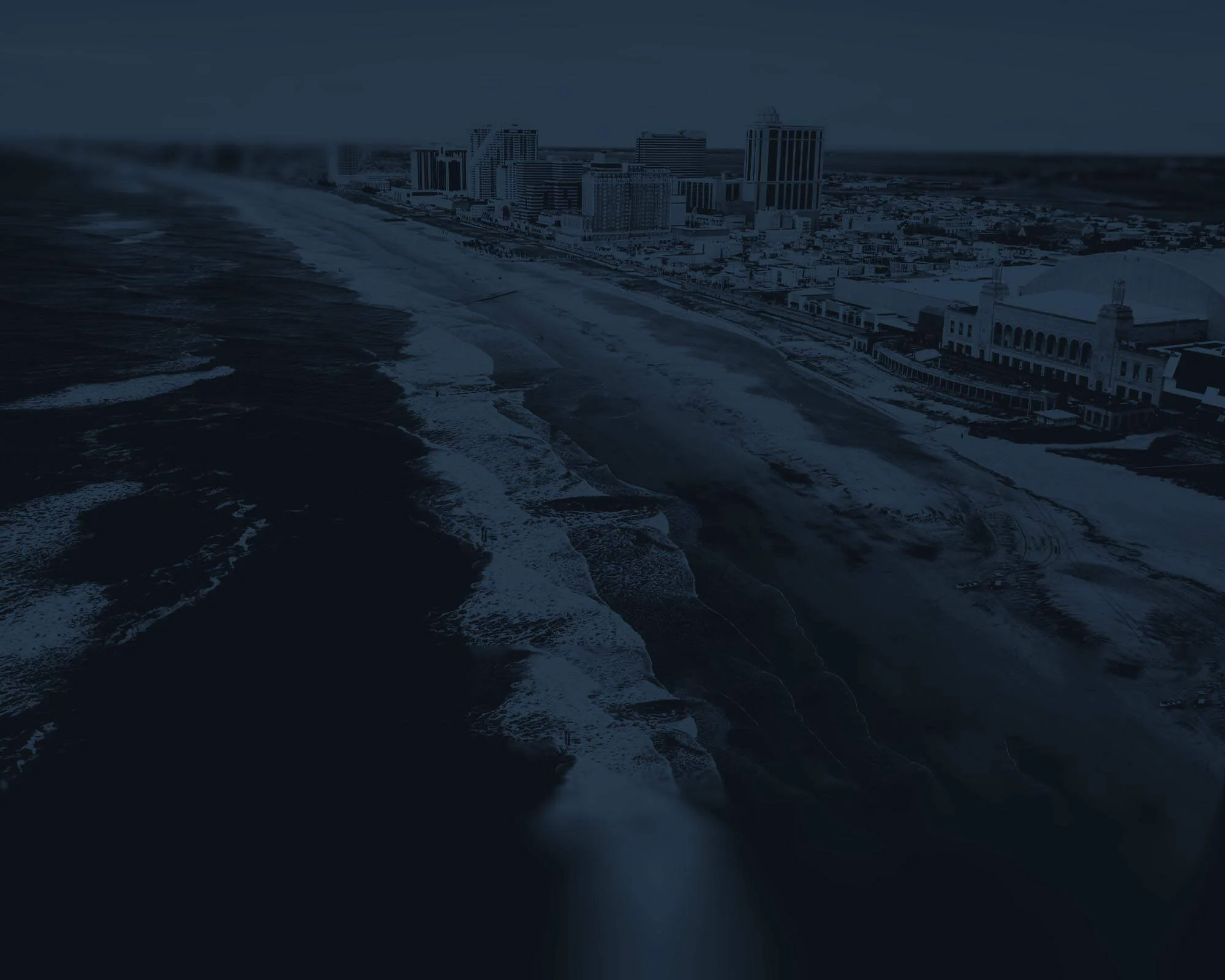Facial recognition technology continues to result in false arrests
Who gets to decide which technology law enforcement agencies can use in their efforts to investigate crimes and secure convictions? Unfortunately, they do. In the absence of explicit bans, use of investigative tech is largely unregulated. This is a problem, because much of this technology is either unproven or has been debunked as ineffective and inaccurate.
In a recent post, we wrote about the growing use of facial recognition software over the past two decades. It continues to be used despite studies showing that it frequently misidentifies women and people of color (especially those with dark complexions). As an Associated Press story demonstrates, overreliance on facial recognition software continues to disrupt lives and cause serious problems for innocent people.
Accused of a crime in a state he had never visited
In late November 2022, a 28-year-old African-American man was arrested in his home state of Georgia. He was accused of stealing purses from a consignment store in, Louisiana – a state he has never been to. The man was jailed for about six days, until human scrutiny of the security footage showed distinct differences (40 pounds and the presence of a face mole) between the alleged thief and the man in custody.
Victims of misidentification suffer harm
This man was released and there appear to be no charges against him, but this isn’t a happy or just ending. What about the six days of his life that he lost behind bars? What about the fact that news of his arrest will likely come up in Google searches for decades? What about the knowledge that he was likely falsely identified because he has dark skin?
Sadly, others have been falsely identified and wrongfully convicted due to the same defective technology. Until legislation or landmark court rulings bar or greatly limit the use of facial recognition tech, we can expect these problems to continue.
If you’re facing criminal charges, it is critical to work with an attorney who can aggressively challenge the evidence against you, protecting your rights and freedom.

